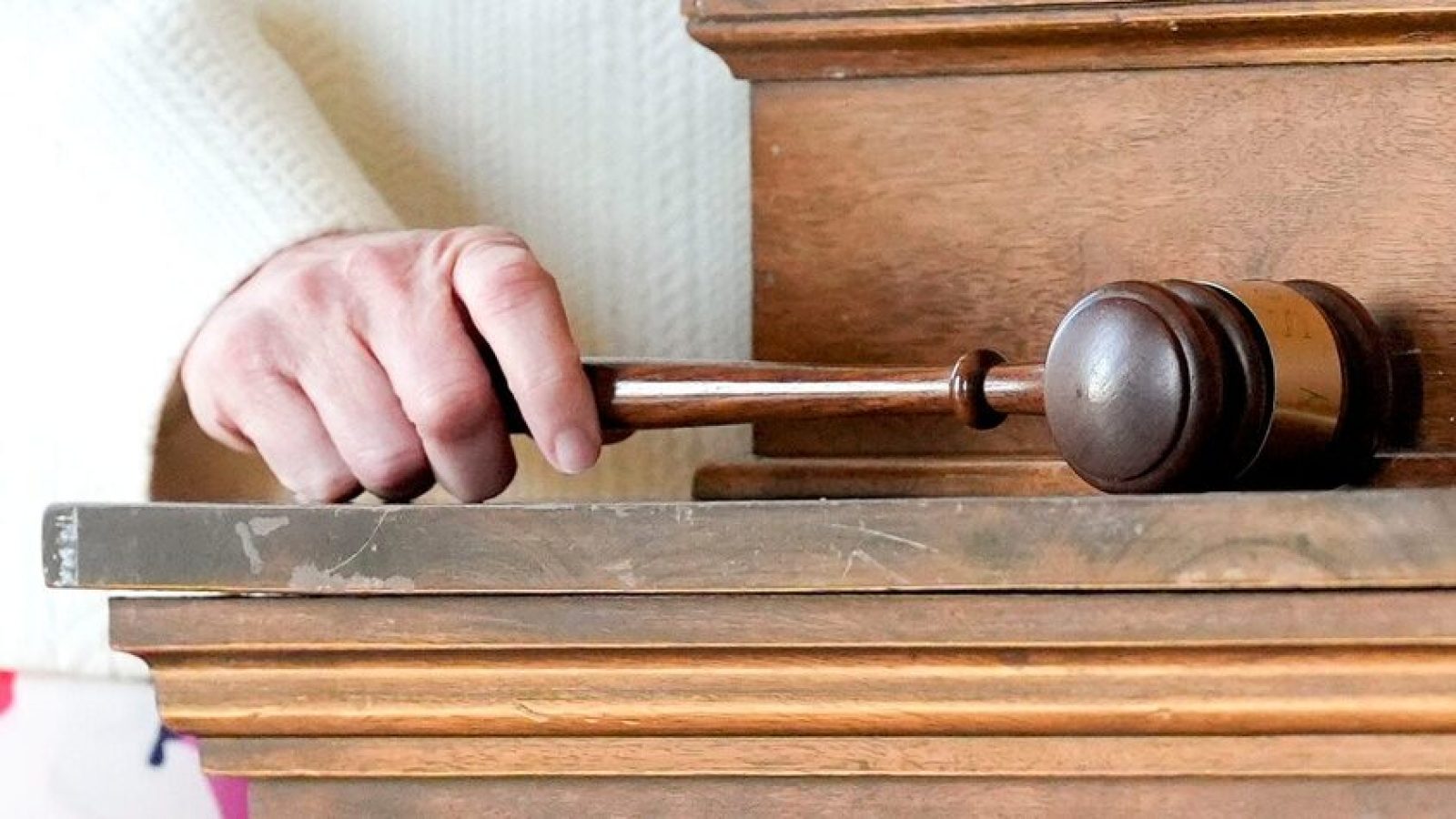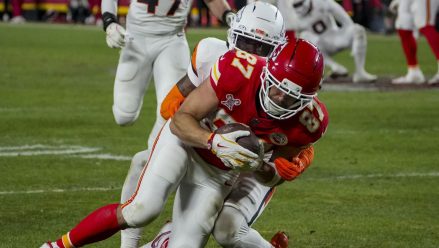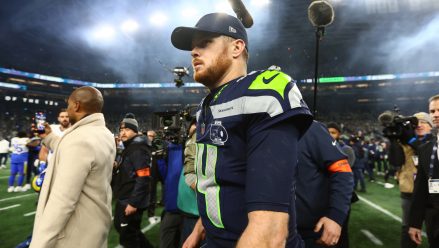A federal court has rejected the state of Nevada’s motion to dismiss a lawsuit filed by Kalshi against the state in the latest legal win for the prediction market.
The decision, from the U.S. District Court for the District of Nevada, means Kalshi will — at least for now — be able to keep offering its controversial sports event contracts in Nevada, though the court is still yet to make its final ruling on the ultimate merits of the case.
The case revolves around a cease-and-desist order issued by Nevada against Kalshi’s sports and election event contracts. Kalshi sued Nevada’s attorney general and gaming board to prevent the order from being enforced, arguing that only the federal Commodity Futures Trading Commission (CFTC) has the power to stop it from offering certain markets.
Kalshi ‘plausibly alleged’ CEA preempts state law
Nevada made a number of arguments designed to convince the court to throw out the case. Among them was the idea that the Commodity Exchange Act (CEA) — the law that covers CFTC-regulated futures contracts, including Kalshi’s sports event contracts — does not preempt state law.
But the court noted that Kalshi had already “demonstrated a likelihood of success on the merits of its claim that the CEA preempts Nevada gaming laws with respect to Kalshi’s conduct as a CFTC-designated contract maker” when it issued an injunction allowing Kalshi to keep operating.
Nevada also invoked the concept of judicial estoppel: the idea that a defendant can’t make contradictory arguments to two different courts.
Before the Court of Appeals for the D.C. Circuit, Kalshi said that Congress, when writing the CEA, did not intend to permit sports event contracts. This, Nevada said, would mean state gaming laws must preempt the CEA.
The court denied this as grounds to dismiss the case, but without prejudice, meaning that it could still consider the argument later when the judge considers the case itself.
“For now, it suffices to say that Kalshi has plausibly alleged the CEA preempts Nevada gaming laws for the reasons outlined in my preliminary injunction order,” the judge wrote.
Nevada also made more technical arguments, such as arguing Kalshi’s claims do not show state authorities’ “involvement in the alleged unconstitutional conduct.”
The court was unconvinced of this, agreeing with Kalshi’s claim that authorities like the Nevada Gaming Control Board would be “responsible for implementing injunctive relief in their official capacities.”
The state also made the claim that it was immune from the lawsuit under the Eleventh Amendment, which protects states from certain lawsuits filed by residents of other states. The court determined that this immunity was waived when Nevada called on the court to issue a temporary restraining order, blocking Kalshi from offering sports and election markets in the state while the court considered the case.
‘We keep marching,’ Kalshi CEO says
Kalshi co-founder and CEO Tarek Mansour celebrated the ruling with a post on social media site X.
“Kalshi secured another big legal victory today in Nevada,” he said. “It feels like I am saying this every week.
“Thank you to our CLO Rick (general counsel Rick Heaslip), litigation team, the US Constitution, my mother for raising me to be stubborn, melatonin, my girlfriend for dealing with the sleepless nights, and our dear traders whose volumes keep growing on Kalshi. We keep marching.”
In April, Kalshi won an injunction in a similar lawsuit in New Jersey. The prediction market is also suing the state of Maryland, which also issued a cease-and-desist order against the exchange.
Nevada Resorts Association dealt in
While the ruling represents a win for Kalshi, the state of Nevada still hopes the court will reject Kalshi’s lawsuit in its final verdict.
The state will have help in arguing its case, as the court allowed the Nevada Resorts Association (NRA) — a trade body that includes most of the state’s largest casino operators — permission to join the lawsuit as a co-defendant. The NRA argues that its members’ sportsbook operations have been harmed by Kalshi’s ability to offer sports contracts outside of the state-regulated betting regime.
“The NRA’s members have significantly protectable interests in their Nevada gaming licenses that they have spent substantial sums to obtain, maintain, and protect,” the court said. “If Kalshi prevails in this case, the NRA members likely would be placed at a considerable competitive disadvantage because Kalshi and others like it would not have to comply with Nevada’s comprehensive gaming laws, including prohibitions on bettors under 21 and types of bets allowed.”
Crypto.com sues Nevada
Meanwhile, in the same court, Crypto.com — which also offers sports event contracts — launched a lawsuit of its own against the Nevada Gaming Control Board and other state authorities. That follows a cease-and-desist order that it received from the state on May 20, which would have blocked the site’s own sports event contracts.
Crypto.com made many of the same arguments that Kalshi has, including that the Commodity Futures Trading Commission “has exclusive jurisdiction to regulate derivatives contracts on federally registered markets.”
The exchange called on the court to ”declare that states, including the State of Nevada, lack legal authority to regulate the offering or listing of event contracts” and award “just and proper” relief.






